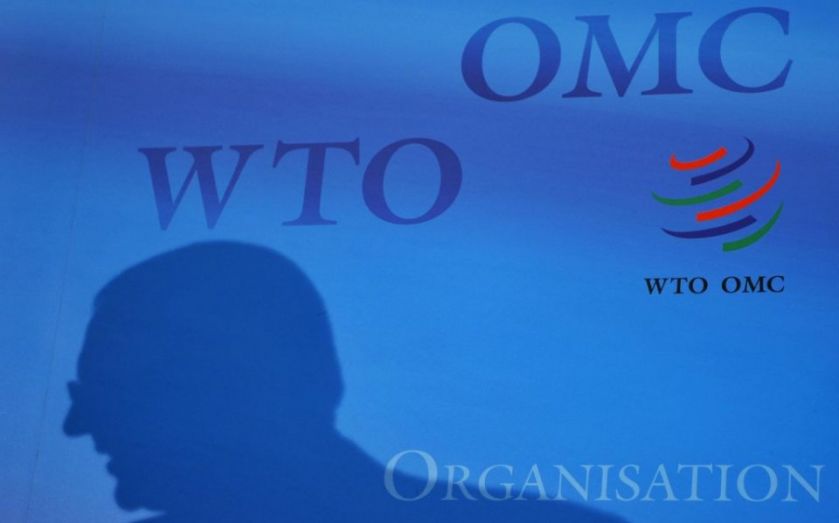EU takes a stand against high Russian import taxes at the World Trade Organisation

The European Union (EU) is upping its battle against high import taxes imposed on it by Russia.
On Thursday, the bloc posted a request for the World Trade Organisation (WTO) to establish a dispute settlement panel over the matter, accusing the Kremlin of placing unreasonably high import duties on a wide range of products.
It said its actions went against the original trade agreement signed by Russia: “Upon joining the WTO, Russia committed to keep its import duties below the limits expressed in the accession documents,” the release said.
“However, it has continued taxing a number of products across various sectors more heavily than agreed. This is still the case today for certain products of interest for the EU,” it continued.
The EU picked out two ways in particular that Russia has been breaking the agreement since it joined the WTO in 2012 – by applying a high duty rate on some products, and by setting a minimum amount on others, even if the amount does not reflect a fair percentage of the product's value.
Products exported by the EU to Russia range from paper items to palm oil and refrigerators. In 2013, exports to the country were worth €120m (£87m), making Russia the fourth biggest recipient of EU exports.
The issue was raised a while ago, although initially the EU tried to resolve the dispute with Russia directly. But since these came to no avail, it took the matter to the WTO, and on 31 October last year retested formal WTO consultations with its eastern neighbour.
These took place on 28 November but once more were unsuccessful. “The EU had no choice, therefore, but to proceed with this next step in WTO litigation,” the release explained.
Bitter relations
The Acrimonious feeling between the EU and Russia has intensified for multiple reasons over recent days– earlier in the week, David Cameron confirmed that he was sending UK troops to help train forces in Ukraine, and yesterday the EU announced that it was picking up its huge anti-trust case against Gazprom, Russia's largest energy company.
It said Gazprom, responsible for supplying the EU with 30 per cent of its gas, was over-charging customers in eastern European countries, as well as hindering the progress of rival suppliers and blocking the free flow of gas across the region.